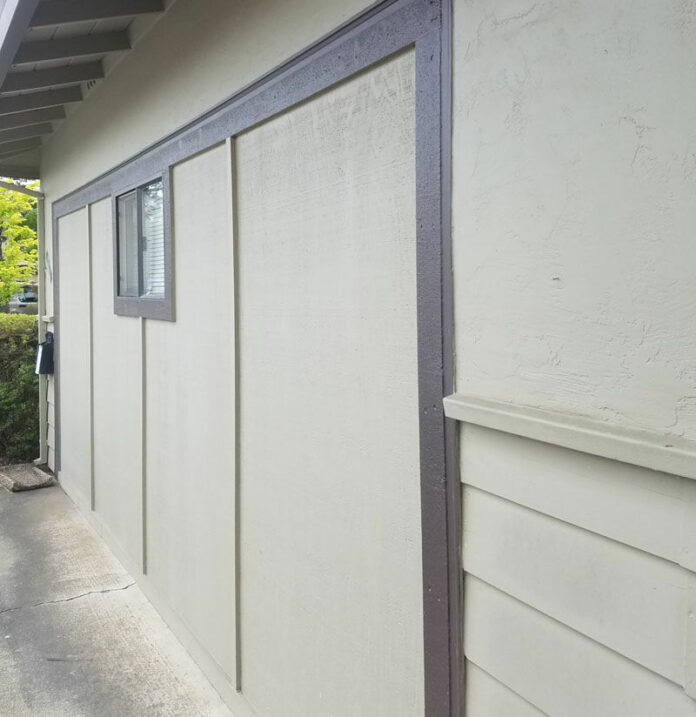Healdsburg City Council increased the maximum size of accessory dwelling units (ADUs) at its May 6 meeting at city hall.
The ordinance modifying city code was approved 4-0. Vice Mayor Leah Gold was absent.
At the same time, a resolution was passed approving a new fee structure for ADUs, 4-0.
The cap will now be set at 1,200 square feet. A two-tier fee structure will be in place for new ADUs as well.
Under the new structure, ADUs from 851 to 1,200 square feet will pay 50% of single-family impact fee rates, while those 850 square feet and under will not pay a fee. Total fees for the second tier of larger ADUs is $12,865, according to the city staff report.
The ordinance is part of the city’s effort to increase affordable housing options. ADUs are not subject to the Growth Management Ordinance.
“This is housing we want. This is housing we need,” Mayor David Hagele said. “This is a pretty happy moment that we are able to take some action tonight.”
The two tier system of fee or no fee is intended to spur ADUs that have lower rents and incentivize a boom in the overall amount of ADUs.
The range of the second tier was previously a third tier with a 1,000 square foot cap in the staff report where total costs are listed. The middle tier that was taken away from the fee structure was for 701 to 850 square feet and had 25% of single family rates.
Exempting fees for ADUs, City Manager David Mickaelian noted, was not a total waiver, though the council and staff used the term. The fees would still have to be absorbed by the city. This was the reason there was debate on whether to lower the fee rate to 25% in the new second tier.
Mickaelian said lowering rates to that extent would benefit from more staff time examining the finances. The city will be able to adjust fees later on if desired. Councilmember Evelyn Mitchell spoke in favor of keeping the top tier fee at 50%.
“Because of the larger size, the larger impact, it makes sense to me. I would guess that not as many of those units would be built as the small ones, which is what we want to encourage,” she said.
The rest of the council agreed.
During public comment, members noted that additions and remodels required different fees and permits than ADUs, which they saw as being different only in semantics. Waivers for all ADU fees for a certain time period were suggested by several in the public, and a general reason many were averse to building or converting to an ADU were the fees.
Councilmember Joe Naujokas originally was in favor of keeping fees waived for up to 750 square feet to stay in line with regional standards, which he noted had a high demand.
“It seems silly not to piggyback on that limit,” Naujokas said.
Councilman Shaun McCaffery suggested that a time limit be placed on the fee structure to incentivize more immediate growth. He likened the idea to a limited time only sales pitch.
“You sell more TVs before the Super Bowl” due to the time limit, McCaffery said.
Though ideas differed with councilmembers, the desire to get the ordinance passed that night and a willingness to compromise toward higher limits overcame any singular drive.
Public outreach was also emphasized by both the public and the city.
“Having a comprehensive program … aside from waiving the fees, is the most effective way to get this program, this show on the road,” Naujokas said.
Hagele noted that advertising the program would also bode well for the city.
“It’s limitless what we can do with this in terms of marketing and promotion,” Hagele said.
Staff noted that as the ordinance was cemented, a more robust program would be rolled out.
The Planning Commission had recommended 1,000 square feet as a maximum and ADUs had to accommodate two parking spaces if converted from a garage.
The ADU ordinance changes date back to December 2016, when the council approved change to the land use code to comply with state law. Impact fees were developed in February 2017 before state standards came down in October that year.
The next month, council adopted an urgency ordinance on ADUs, which was about to expire at the May 6 meeting.
According to Mickaelian, the second reading of the ordinance will be at the next council meeting May 20, and will take effect 30 days after that if there are no appeals.









